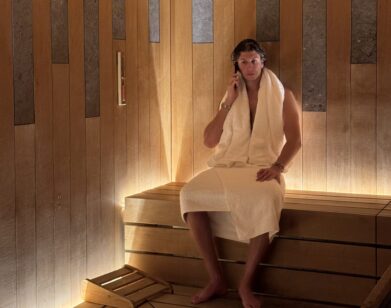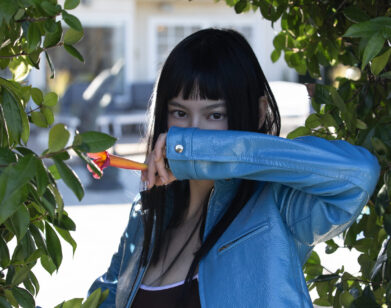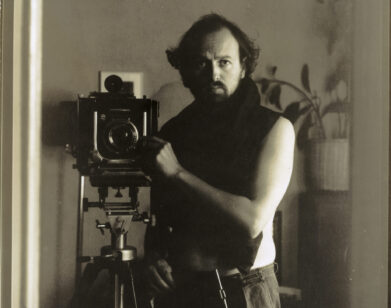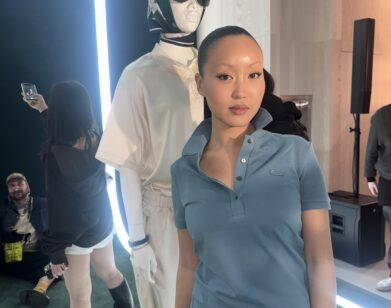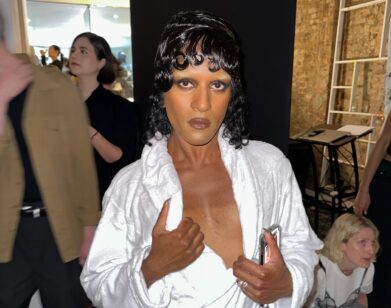Alexander Wang
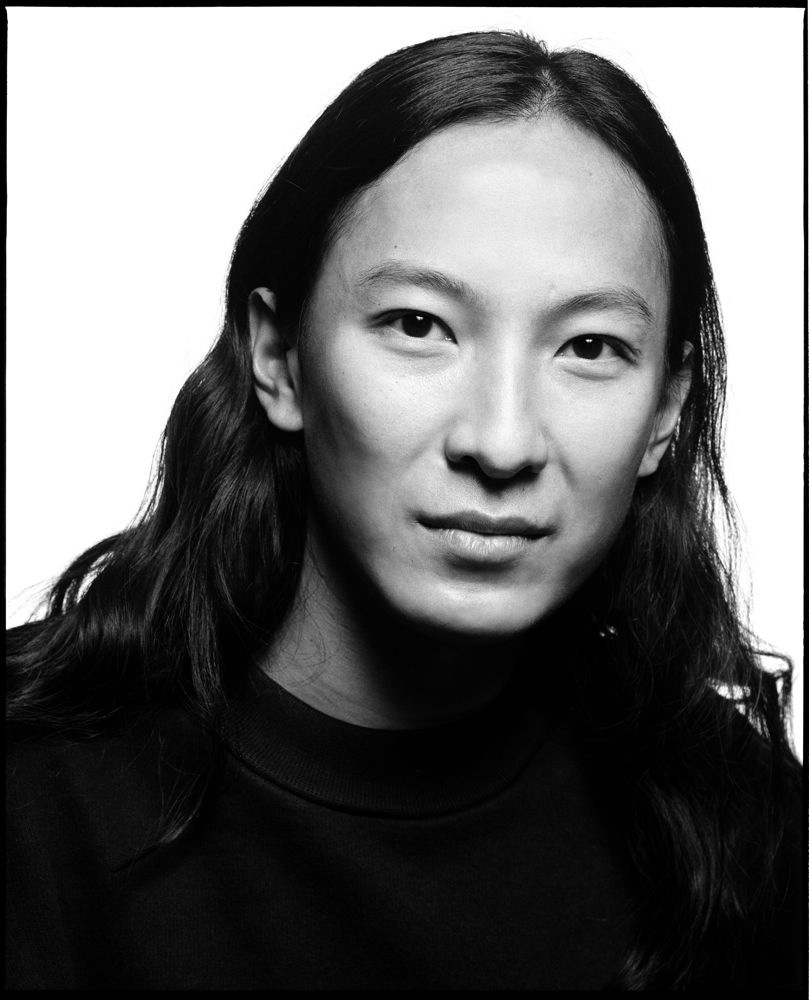
HAIR PRODUCTS: KIEHL’S, INCLUDING SILK GROOM SERUM. HAIR: TYLER JOHNSTON FOR KIEHL’S/ONE REPRESENTS. GROOMER: ANDREW GALLIMORE FOR NARS/CLM. MAKEUP: ZOE TAYLOR FOR DARPHIN/JED ROOT. STUDIO MANAGER: MARK PATTENDEN. PHOTO ASSISTANTS: FENTON BAILEY, MALAK KABBANI. MAKEUP ASSISTANT: LILY GREGORY.
Founder, creative director, and CEO of Alexander Wang, New York City.
CHRIS WALLACE: What is the present state of the fashion industry?
ALEXANDER WANG: I think a lot of people might agree that the industry feels quite confused and stagnant right now. I’m a lot more interested in looking at the tech industry, in terms of innovation and the way everything has gone mobile, wondering how we might be able to adapt their innovations into our process. And then the entertainment industry—what I find so fascinating is the way that performers and actors and musicians today have really broken free from their frames, going into fashion or beauty or even gaming. For them, it’s about building a connection with their audience, which I think is going to be really important moving forward, even for people in fashion. At the end of the day, no one really needs clothes. There are so many options out there, so many places to find things. For me, it’s more about, “What do I want to say? What do I want to do during this time that I have this opportunity?” It’s all about connections these days—I think about how social media is utilized, how you speak to people that you may not know—and you have to have something authentic to yourself, with integrity behind it. The audience is so smart today, they read through the lines. Anything that feels manufactured is immediately transparent.
WALLACE: Does that ability to communicate directly, individually, make things better or worse?
WANG: I can’t say it’s better or worse. I think we’re at a crossroads where the industry is about to morph into it for the last 10, 20, 30 years are probably not used to. It was an industry built on the insiders—the editors, the buyers, they all knew each other. They dictated the trends, they dictated what was going to go into the stores, they dictated what was going to be communicated; it was one small universe. Now everyone’s able to make their own opinions; there are no more trends. People can buy direct-to-consumer. Stores have less to say on what’s going to be the “it” bag of the season. I think of those futuristic movies—like The Fifth Element [1997]—how there are so many different worlds within them. There’s no longer going to be a singular fashion industry; there are going to be so many different facets, it will be hard to capture in one description.
WALLACE: What will Alexander Wang look like in the next stage?
WANG: I hope to continue doing what I love to do and to expand upon my vocabulary. Maybe it doesn’t have to do just with fashion; it could be completely different than just products and clothes and shoes and accessories. That’s where I started, and that’s what I love, but I’m very interested in all aspects of building this universe for ourselves.
For more from our “The State of Fashion” portfolio, click here.
Alexander Wang


